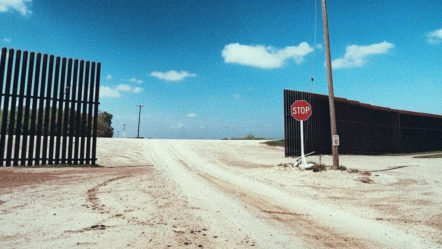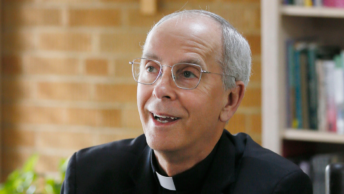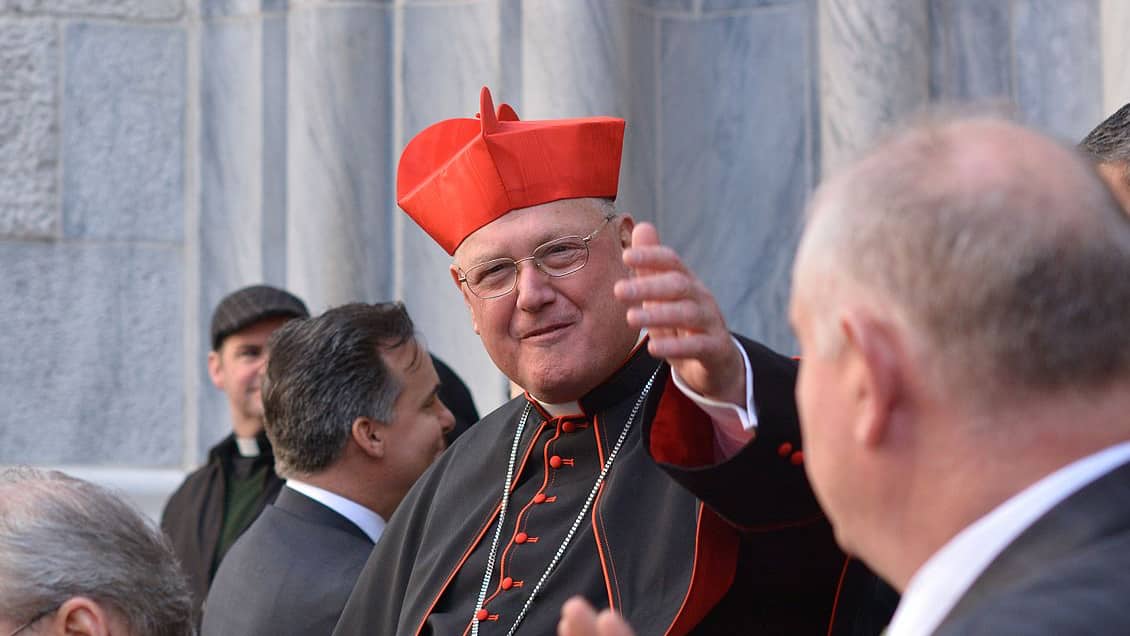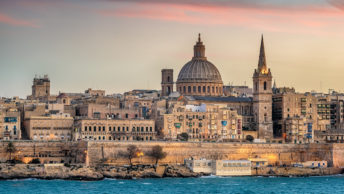Sacramento Bishop Jaime Soto recently published an essay titled “Migrants Are Not Fodder for Political Propaganda” in the Jesuit magazine America. The argument was as misleading as the title.
The Bishop began by explaining that Florida paid for illegal migrants from Columbia and Venezuela to be flown from El Paso to California. He then said that he met with some of those migrants and they “unburden[ed] themselves of the miles of accumulated misery” they had endured. Others, however, remained silent and “what could not be said haunted the gathering.”
Next the Bishop recalled a line from Pope Francis, “Reality is greater than ideas,” calling it “sober wisdom.” That line led him to conclude that the illegals’ “solidarity had to be practical and personal.” Turning to St. John Paul II, he noted that the Pontiff had “insisted on seeing North and South America as one continent.” The Bishop emphasized “Not Americas. One America” and said that JP (in the Bishop’s words) “saw realities that continue to challenge the defiant sway of geopolitical, social and economic ideas that build walls.” Emphasis added Here I’ll make a wild guess that he had in mind, not Joe Biden (a “devout Catholic”), but Donald Trump.
Though the migrants’ homelands differed, he said, they all shared the hope that they would find family or friends, or at least a job and life without fear, adding that residents of Sacramento of various faiths were “becoming part of the journey,” and “maybe our companionship will relieve the loneliness.”
Returning to the theme of ideas and reality, the Bishop said “the ideas that keep us apart cannot ignore the hunger, hope and determination that has placed the reality of one continent, one humanity in our hands . . . [With] faith-filled eyes we must also see beyond feeble ideas that have wreaked havoc on our borders and beyond.” More specifically, he continued, we must not allow the migrants to be “shuffled around as fodder for the propaganda of feeble, failed ideas”; nor ” leave a tattered immigration system to unravel even more.”
After these impassioned words and several reminders of the biblical command to make strangers our neighbors, the Bishop managed a modest recognition of the reality he had ignored throughout the essay. Yet he couldn’t bring himself to finish that single sentence without adding a “but” clause. Here is the sentence in full: “The rule of law, national sovereignty and security are essential principles for an effective immigration reform, but they must also respond to the larger realities we see.” (Emphasis added)
Bishop Soto obviously feels passionate about the issue, and I have no doubt that he is sincere in his beliefs and honestly desired his essay to overcome the separation of minds and hearts concerning immigration. Nevertheless, his intentions and beliefs must not be taken as the measure of his essay. To apply Cicero’s famous line res ipsa loquitur, the Bishop’s essay speaks for itself. In other words, what it says and, equally important, what it avoids saying, determines whether it is intellectually sound.
1) The essay does not mention the drug crisis that is directly the result of open borders. According to American University, The fentanyl scourge “is the deadliest drug crisis in US history. More than 100,000 Americans died from drug overdoses between August 2021 and August 2022 alone, according to Foreign Affairs. Much of this epidemic is driven by fentanyl, which now kills around 200 Americans every day.”
2) The essay speaks movingly about victims of oppression and poverty who seek only freedom and a better life, but it completely ignores the troubling number of convicted criminals entering the U.S. and threatening the safety and security of its citizens. According to U.S. Customs and Border Protection, the arrests of “individuals who have been convicted of one or more crimes, whether in the United States or abroad, prior to interdiction by the U.S. Border Patrol. . . a subset of total apprehensions by U.S. Border Patrol,” from 2017 to 2023 (year to date) is just under 50,000!
3) The essay calls attention to illegal immigrants being “fodder for political propaganda” implying that there are no reasonable concerns about the open border policy while ignoring these salient concerns: a) The number of illegal immigrants in U.S at the beginning of 2022 was 15.5 million, 3 million more than in 2017. (The number added since 2022 is not yet available.) b) In fiscal year 2022 the Border Control encountered 2,378,944 illegals crossing the border. c) Agents also observed more than 606,000 illegal aliens who entered the country without being encountered by law enforcement. That means officials don’t who those people are or where they went after crossing. d) Illegal immigration costs $182.1 billion, of which illegals pay only $31.4 billion in taxes, leaving a $150.7 billion responsibility for citizens. e) The needs of massive numbers of poor, unskilled illegal entrants undermine the availability and quality of education, healthcare, and other services for the migrants and citizens.
4) The essay ignores the complexity of the immigration issue and falsely suggests it is simply a difference between embracing Jesus’ command to love our neighbor or callously rejecting it. As Harvard economics professor George J. Borjas has explained, “[Immigration] has changed how the pie is split, with the losers—the workers who compete with immigrants, many of those being low-skilled Americans—sending a roughly $500 billion check annually to the winners. Those winners are primarily their employers. And the immigrants themselves come out ahead, too. Put bluntly, immigration turns out to be just another income redistribution program. . . . Our immigration policy—any immigration policy—is ultimately not just a statement about how much we care about immigrants, but how much we care about one particular group of natives over another.” Emphasis added. (Though Borjas wrote this in 2016, the situation has not improved since then and may in fact have worsened.)
Because Bishop Soto’s essay ignores these salient matters and thus greatly oversimplifies the issue of illegal immigration, it must be considered intellectually unsound and therefore a disservice both to the Catholics in his diocese and others who read it.
Copyright © 2023 by Vincent Ryan Ruggiero. All rights reserved








